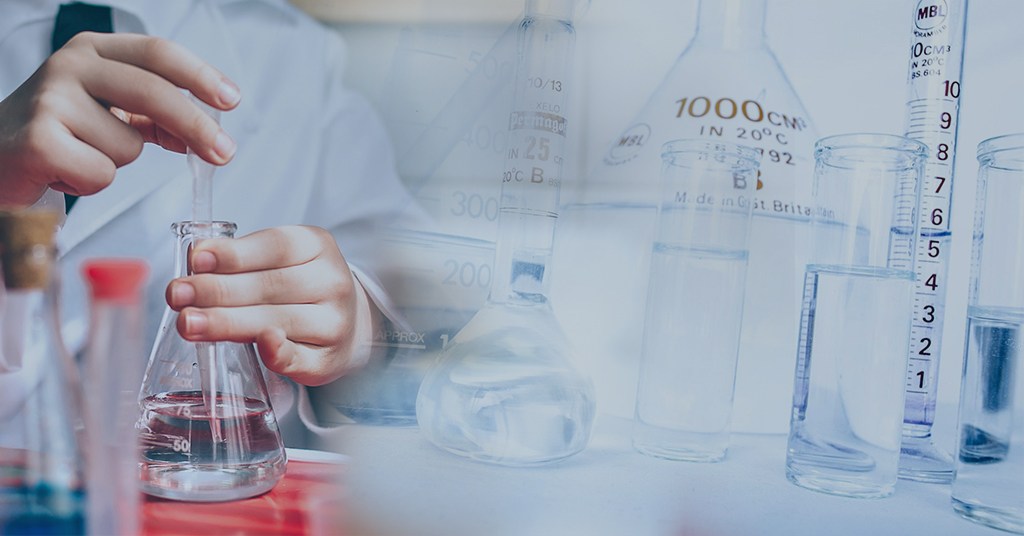Welcome To ChemAnalyst

New Zealand: In New Zealand, carbon dioxide (CO2) supplies have been rationed due to the closure of the nation's only food-grade CO2 production facility. This has caused a shortage in the supply of this essential gas that is used for fizzing drinks and packaging as well as medical and water applications. The industrial gas producer BOC has confirmed it is prioritizing CO2 supplies to critical medical, safety, and water customers. Moreover, they have added they are working collaboratively with suppliers, customers, and other industry stakeholders to manage the current supply situation.
New Zealanders have been forced to ration out their supplies of CO2 after the shutdown of the nation’s only food-grade CO2 production facility on the west coast of the North Island. Todd Energy, which runs the facility, explained that a plant safety issue had been identified and therefore it was necessary to close the plant while they work through engineering solutions. Before this closure, supplies of CO2 were already tight because of another plant having closed following the decommissioning of New Zealand’s only refinery in April 2022. This was also why imports almost tripled during last year according to Statistics New Zealand data.
The brewing industry in New Zealand which is worth around NZ$ 2.8 billion annually has had to ration its CO2 supplies due to the closure of the country’s only food grade production facility and prior closures of other plants. Smaller brewers have been having to stretch their limited CO2 stocks, with some facing the potential to stop production if the issue is not remedied soon.
Meanwhile, Steam Brewing, a contract craft beer brewing company has also been confronted by rising prices for imported CO2 which they are unable to pass on to their customers. This has caused some instances of stopping production due to shortages.
The chief of Steam Brewing has referred to the CO2 situation as an “absolute nightmare”. To combat the situation, the company is investing in new technology which will enable them to capture and reuse CO2 produced during their brewing process. Unfortunately, this is only estimated to cover about 25% of the requirements for CO2 that Steam Brewing typically requires.
We use cookies to deliver the best possible experience on our website. To learn more, visit our Privacy Policy. By continuing to use this site or by closing this box, you consent to our use of cookies. More info.
